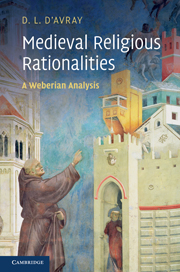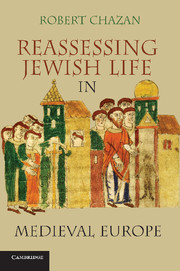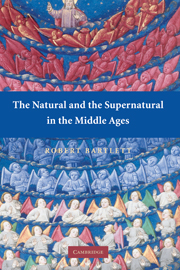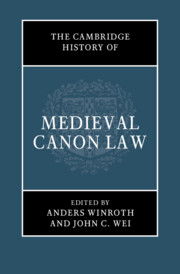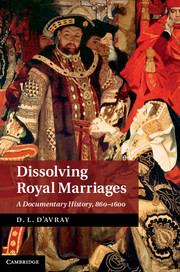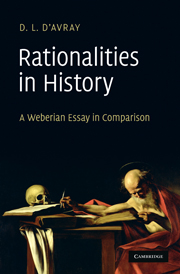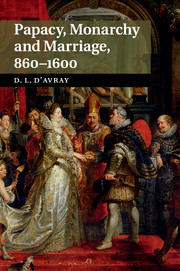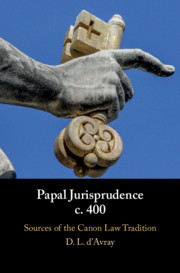Medieval Religious Rationalities
Inspired by the social theories of Max Weber, David d'Avray asks in what senses medieval religion was rational and, in doing so, proposes a new approach to the study of the medieval past. Applying ideas developed in his companion volume on Rationalities in History, he explores how values, instrumental calculation, legal formality and substantive rationality interact and the ways in which medieval beliefs were strengthened by their mutual connections, by experience, and by mental images. He sheds new light on key themes and figures in medieval religion ranging from conversion, miracles and the ideas of Bernard of Clairvaux to Trinitarianism, papal government and Francis of Assisi's charismatic authority. This book shows how values and instrumental calculation affect each other in practice and demonstrates the ways in which the application of social theory can be used to generate fresh empirical research as well as new interpretative insights.
- Unique approach to the study of medieval history, demonstrating a method for combining comparative history with social theory
- Case studies draw on previously unpublished manuscript data, illuminating and questioning rational and irrational features of medieval religion
- Companion to Rationalities in History by the same author which, as a package, will be of value to teachers of social theory and comparative history; this volume applies the theory laid out in Rationalities in History to the study of medieval religion
Reviews & endorsements
"Medieval Religious Rationalities is a rich book, yet one that is not easy to sum up … [it] displays an impressive range of sources and covers an equally impressive array of issues relating to the history of medieval Christianity … d'Avray's book not only ventures into unchartered territory; it challenges some of the most powerful interpretations of the dynamics of medieval Christianity … [it] has the immense merit of demonstrating that religion can under certain conditions make an essential contribution to the intercultural dialogue - a precious reminder in a very timely book, indeed."
Martial Staub, Journal of Religion
"… challenging but rewarding … There is much to admire in the book … d'Avray's style is engaging, and he takes pains to explain technicalities for the benefit of non-medievalists."
Norman Housley, Journal of Ecclesiastical History
"… what this work delivers is an interpretation of the medieval religious in order to establish relationships between different ways of reasoning."
Kriston R. Rennie, Canadian Journal of History
"D. L. d'Avray excels at inquiring into networks of conviction … [he] has special expertise in the study of preaching, scholastic [thought], the papacy, and marriage in the late Middle Ages, and many of his very well-chosen illustrations reflect this … a rich mine of information about medieval mentalities and procedures."
David Luscombe, The American Historical Review
"Unlike those historians who prefer to remain the prisoner of theories which are held unconsciously, David d'Avray's aim … is to engage explicitly with the 'ideal types' of rationality catalogued in Max Weber's work in order to show their empirical value in the study of the religion of the medieval West … constitute[s] a model of how historians can engage with social theory … clearly and wittily written and resort[s] to technical jargon in order to clarify the argument rather than to obscure it … logically structured and address[es] issues which are of interest not just to medievalists but also to historians of other periods, as well as to philosophers, anthropologists, sociologists and social theorists … draw[s] effortlessly on an impressive range of empirical examples and [is] the product of wide reading in philosophy and social science."
S. H. Rigby, English Historical Review
Product details
November 2010Hardback
9780521767071
208 pages
236 × 156 × 15 mm
0.45kg
Available
Table of Contents
- 1. Preliminaries
- 2. Medieval values: structures
- 3. Medieval values: dynamics
- 4. The value-instrumental interface in the Middle Ages
- 5. Formal rationality and medieval religious law
- 6. The formal-substantive interface and the dispensation system
- General conclusion.

